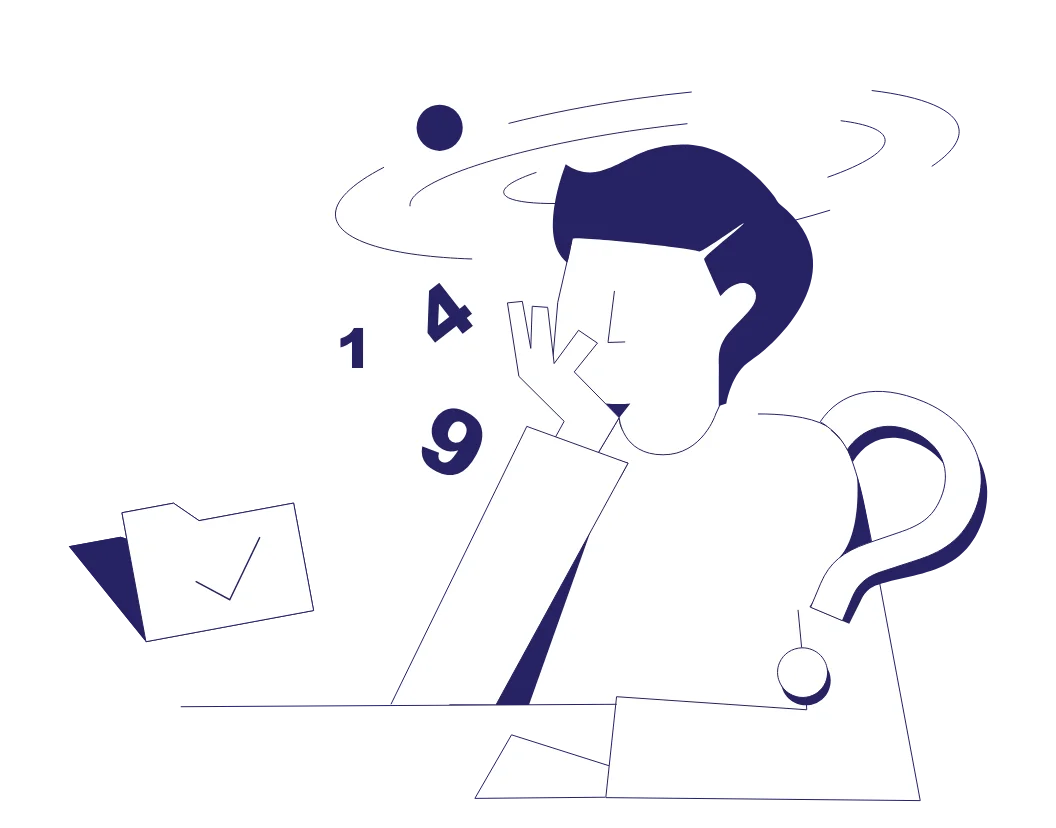
- 4-minute read
- 14th August 2021
Punctuation Tips: Using Commas in Numbers
While commas are often used to separate words, phrases or clauses in a sentence, they are also used in large numbers. Check out our guide below to learn how and when to use commas in numbers in your writing.
Thousands Separator Commas
In English, you can use commas in numbers of four digits or longer (i.e. numbers above 999) after every third digit from the right. These ‘thousands separators’ make it easier to read long numbers since we can see where the different groups of digits fall at a glance. Compare the following, for example:
Their video got more than 50,000,000 views.
Their video got more than 50000000 views.
In the first case, we can clearly see that the number is 50 million, as the commas help us to see the groups of zeroes. By comparison, in the second one, we might need to count the zeroes to be sure that it isn’t five million or 500 million instead.
This only counts for numbers larger than one, though! As such, thousands separators are not required for numbers that appear after a decimal point:
The number came to 1,287.432091. ✔
The number came to 1,287.432,091. ✘
Thousands separators aren’t compulsory, though. If you prefer to write fifty-thousand as ‘50000’, that’s fine! However, as shown above, adding a separator in a number like this can make it easier to read, and many style guides will suggest using commas like this (so make sure to check your style guide if you’re using one).
Thousands Separators in Other Languages
Most English-speaking countries, including Australia, the UK and the US, use commas to separate groups of thousands and a full stop as a decimal separator (as shown in the examples above). However, other countries flip this around, using a full stop between groups of thousands and a comma as a decimal point. For example, a native Spanish speaker might punctuate the numbers above as follows:
Their video got more than 50.000.000 views.
The number came to 1.287,432091.
This ambiguity is why some organisations use a space instead of punctuation to indicate groups of thousands, with the comma only used as a decimal separator.
If writing for an audience that includes people in countries with different rules for punctuating numbers, then, we might write the numbers above as follows:
Their video got more than 50 000 000 views.
Find this useful?
Subscribe to our newsletter and get writing tips from our editors straight to your inbox.
The number came to 1 287,432091.
This is only necessary when writing for an international audience, though. If all of your readers are English speakers, we suggest sticking to using commas as thousands separators and a full stop as a decimal point.
Commas in Years
Four-digit years are an important exception to the rule about thousands separators. Notably, you never need a comma in a year made up of four digits:
William Shakespeare was born in 1564. ✔
William Shakespeare was born in 1,564. ✘
However, you can use a comma in years of more than four figures. For instance:
Roland Emmerich’s film is set in 10,000 BC.
This will only apply to years in the distant past or future, though.
When Not to Use Commas in Numbers
Not all long numbers require decimal separators! Notably, long sequences of numbers that work to identify rather than quantify something, such as telephone and serial numbers, never use commas to separate groups of digits.
For instance, while you might space the numbers in a phone number to make them easier to read, you would not need to add commas between the groups:
To find out more, call 0491 570 156. ✔
To find out more, call 0491,570,156. ✘
For numbers like these, then, there is no need to add thousands separators.
Proofreading for Punctuation
Since there are many rules to follow, proofreading is a great way to make sure your writing is always clear and easy to read. If you’d like more advice on your comma use or with any other punctuation, try our proofreading services for free today!